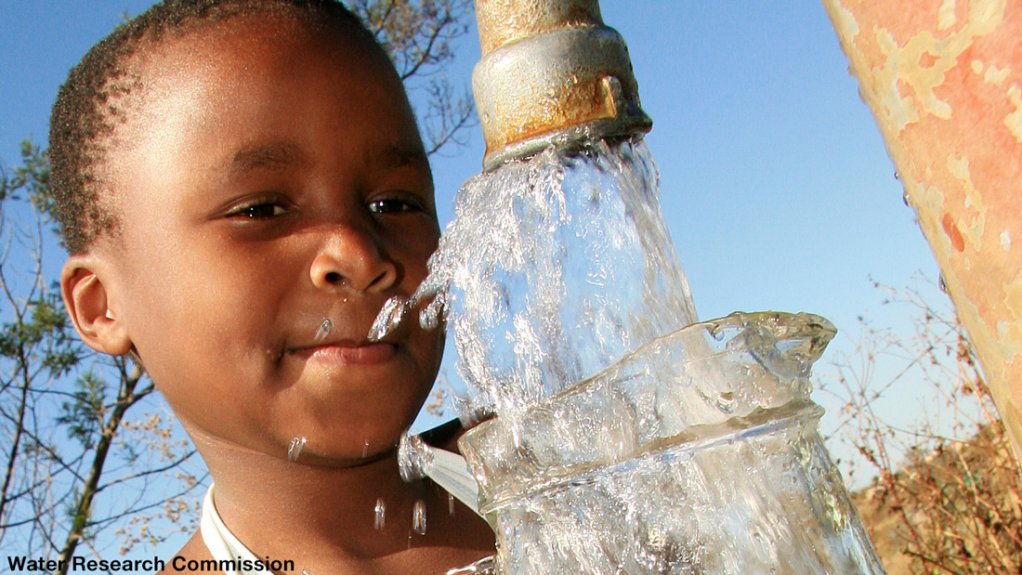Key areas have to be unlocked to ensure that the Southern African Development Community’s (SADC’s) Regional Infrastructure Development Master Plan (RIDMP) – a guide to the development of seamless and cost-effective transboundary infrastructure – is successful.
These areas included the development of adequate power supply, developing transport sectors, ensuring sufficient water supply, and operating efficiently through information and communications technology, SADC secretariat director of infrastructure and services Dr Remigious Makumbe said on Tuesday.
Speaking at the second Public-Private Dialogue Forum on Infrastructure Projects, he noted that the RIDMP, which forms part of the SADC Infrastructure Vision 2027, aimed to deepen regional integration, while reducing the critical challenge of poverty. “We need to use infrastructure to spur industrial development,” he asserted.
Through the SADC corridor strategy, the RIDMP was planning to intensify investment in roads, rail and ports and resolve issues around cross-border trade.
The plan would be implemented in three phases: short-term – from 2013 to 2017, medium-term – from 2017 to 2022, and long-term – from 2022 to 2027.
Demand for power in the SADC region had increased by 4% over the last ten years and was expected to continue growing at a similar pace going forward. The objective is to ensure that the SADC is able to deliver power by 2018 such that the demand for power is lower than supply. “We hope that by 2020 to 2022 we will be adding a 20% reserve margin.”
In the short term, an investment of $62-billion would be plowed into key power generation projects, such as the Cahora-Bassa hydroelectric scheme, in Mozambique, and the Kudu Gas power project in Namibia. By 2027, the RIDMP aimed to generate 56 000 MW to 96 000 MW through these and other projects.
Kahumbe warned that the issue of water supply needed to be dealt with as soon as possible. “Future wars will be about water,” he noted. With projects such as the Lesotho Highlands Water Project Phase II, these issues were also being mitigated.
“We need to ensure that there is adequate water supply, not only for domestic, communal consumption, but also for industry. This is one of our key objectives,” he noted.
Kahumbe highlighted that, if regional projects took precedence over national projects, these goals could be reached faster.
EMAIL THIS ARTICLE SAVE THIS ARTICLE
To subscribe email subscriptions@creamermedia.co.za or click here
To advertise email advertising@creamermedia.co.za or click here











